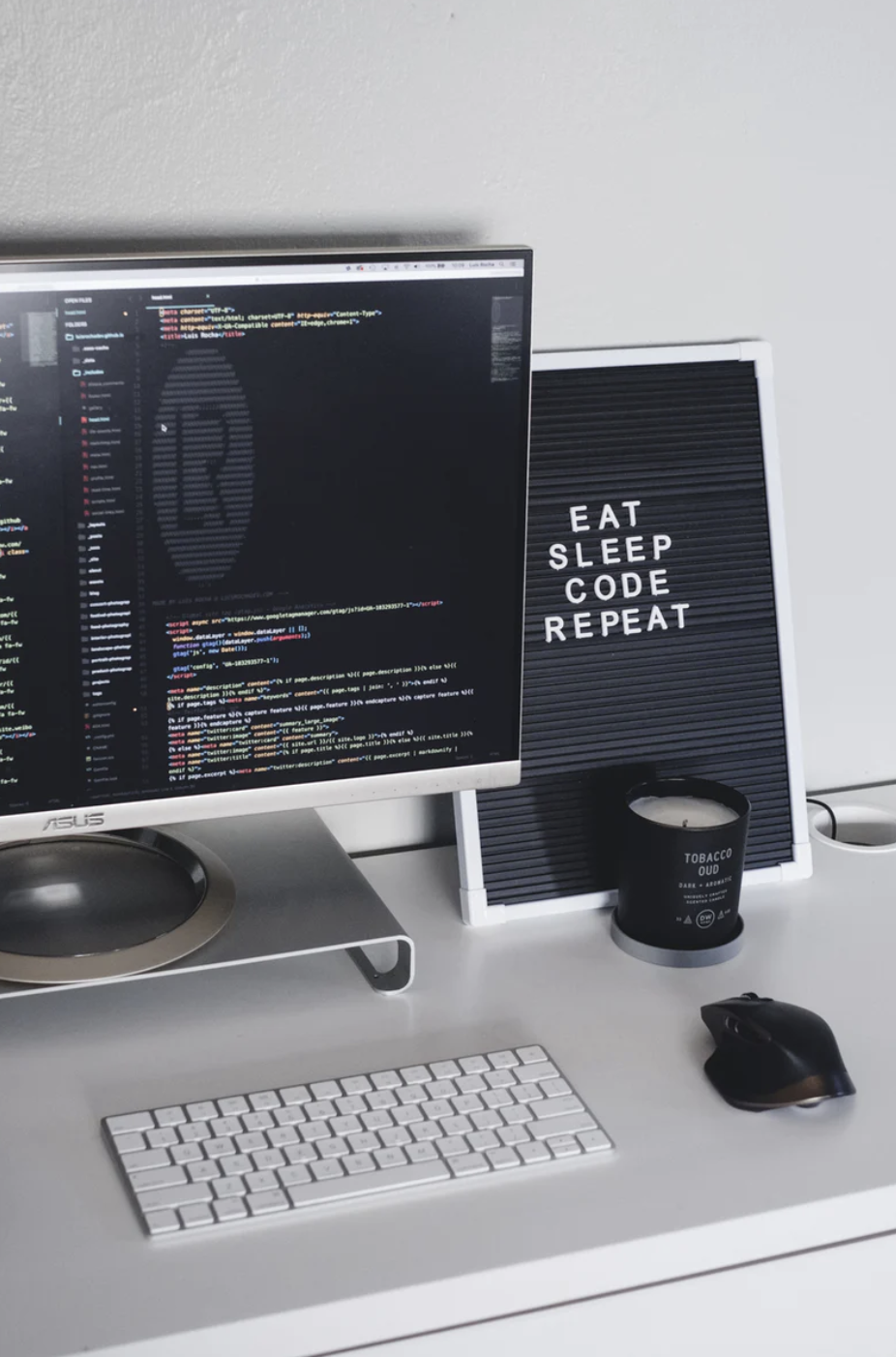Can AI Outperform Lawyers in Dispute Resolutions?
Artificial Intelligence seems worlds away from affecting the master craft which is disputes resolution and international mediation. Recently, however, the US has seen a massive increase in the demand for data analytics which could potentially work to predict the outcome of trials.
This possibility became an even more obvious reality when the Canadian electronic negotiation system “iCan” became the first company to resolve a dispute in the court of England and Wales using an artificial intelligence mediator.
Similarly, according to the Law Gazette, an AI tool named Smartsettle ONE took the role as mediator and settled a three-month dispute over a £2,000 unpaid bill for a personal counselling course in less than an hour.
Ben Carroll, a disputes resolution partner at Linklaters comments on the issue, “In the case of disputes worth huge amounts of money, you need the skills of an experienced negotiator to persuade people to do things they don’t want to do.” Being able to read people in the mediation room plays a big part in the direction the settlement should take. These are skills a robot cannot actively replicate.
Many current law firms engage themselves with the incorporation of AI into assisting their daily tasks. Things such as smart contracts are making legal work faster and more efficient, but if a computer can draft a contract in seconds, then what is the client paying the billable hours to a lawyer for?
At this stage, it seems unlikely that Artificial Intelligence will fully take over the job of lawyers in dispute resolution cases. The more likely scenario is the one where future large-scale data analysis by arbitrators and mediators will develop in an effort to predict outcomes and the course of settlements. Data-driven justice is a growing theme in US. Legal analytics companies combine vast amounts of data in order to mind-read judges in US district courts and it seems likely that this trend will infiltrate the areas of disputes resolution and international mediation too.
Matthew Saunders, a partner at Ashurst, notes that data analytics “could be extended to predicting which way an arbitrator or a mediator might go”.
In order to use these data analytics, however, we would need a constant and reliable inflow of data at every stage of the settlement process. Unfortunately, due to roughly 90% of litigation cases settled outside court or dropped altogether, this data is not be made public. Without this inflow of information into the database, the artificial intelligence system is nowhere near as reliable as a human. As James Freeman, arbitration partner at Allen & Overy, says, “The mediation process is inherently a human one” due to the fact that, in mediation, “a skilled facilitator helps the parties to explore where common ground can be found as the basis for an amicable settlement,”.
The trick is to use AI to its maximum potential without handing over all operations to it entirely. This will not only make jobs easier, more efficient and less stressful. “At its best, artificial intelligence identifies patterns that would not be readily ascertainable to the human mind. That's what we're trying to find,” says Ha-Redeye, who practises with Fleet Street Legal in Toronto.
Ellie Nikolova

